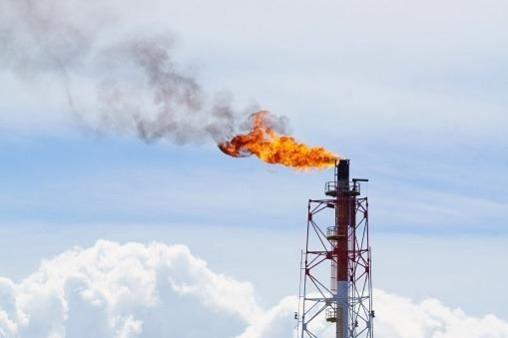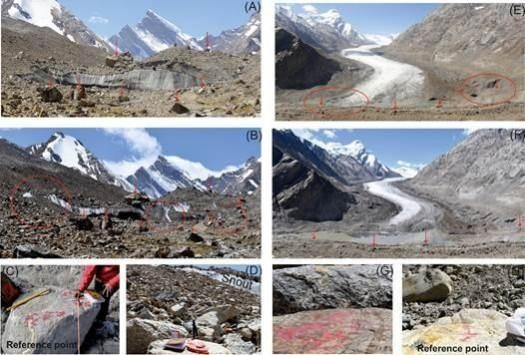
The escalating climate crisis has been a subject of concern for scientists and environmentalists worldwide. A recent study published in the journal Frontiers in Science has brought to light the urgent need for immediate action on methane emissions. Led by Professor Drew Shindell from Duke University, the international team of researchers emphasized that methane, a potent greenhouse gas, is responsible for approximately half of global warming to date and is increasing at an alarming rate. Despite its significant impact on climate change, only 2% of climate finance is currently targeted at reducing methane emissions.
The Global Methane Pledge, an international commitment, aims to reduce methane emissions by 30% from 2020 levels by 2030. The study underscores the economic benefits of methane mitigation, noting that every tonne of methane emitted in 2020 caused damages estimated between US$470-1700, potentially up to $7,000 when considering health impacts. The mitigation of methane emissions can have immediate effects, as methane does not persist long in the atmosphere.
The research team has developed an online tool to identify the most cost-effective methane reduction strategies by country. For instance, major fossil fuel producers might benefit from regulating production and incentivising methane capture, while other countries might focus on landfill emissions. Individuals can also contribute by reducing beef and dairy consumption, supporting policies for composting, and holding polluters accountable.

In 2022, NASA added the Earth Surface Mineral Dust Source Investigation (EMIT) instrument to the International Space Station. Although primarily built to study dust storms and sources, researchers found that it could also detect large methane sources, known as "super-emitters." This discovery is significant in addressing climate change, as methane is a potent greenhouse gas.
The global food system, which emits a third of the total greenhouse gas emissions driving global heating and uses 70% of the world's freshwater, is also a significant contributor to climate change. It causes 80% of river and lake pollution, and about 75% of the Earth's land is used by humans, largely for farming. The destruction of forests is the major cause of the huge losses in biodiversity.
A recent report found that 60% of sustainability claims by European fashion giants are "unsubstantiated" and "misleading," resulting in confusion for consumers and growing mistrust of what is and is not sustainable. However, with one of the most influential marketing engines on Earth, the fashion industry has the potential to drive positive change and be a leader towards a more sustainable future, through both action and communications.

The Intergovernmental Panel on Climate Change (IPCC), made up of the world's leading climate scientists, set out the final part of its mammoth sixth assessment report recently. The report is almost certain to be the last such assessment while the world still has a chance of limiting global temperature rises to 1.5C above pre-industrial levels, the threshold beyond which our damage to the climate will rapidly become irreversible.
The study underscores the urgent need for immediate action on methane emissions to control the escalating climate crisis. The researchers argue that while CO2 has been the main focus, addressing methane can quickly reduce the rate of warming. The study also highlights the economic benefits of methane mitigation and the need for a coordinated effort to tackle both methane and CO2 emissions. The development of an online tool to identify the most cost-effective methane reduction strategies by country is a significant step towards achieving these goals.
Study underscores the urgent need for immediate action on methane emissions to control the escalating climate crisis. The researchers argue that while CO2 has been the main focus, addressing methane can quickly reduce the rate of warming. The study also highlights the economic benefits of methane mitigation and the need for a coordinated effort to tackle both methane and CO2 emissions. The development of an online tool to identify the most cost-effective methane reduction strategies by country is a significant step towards achieving these goals. The urgency of the situation calls for swift and decisive action from all stakeholders, from governments and industries to individuals, to mitigate the accelerating climate damages and safeguard our planet for future generations.








